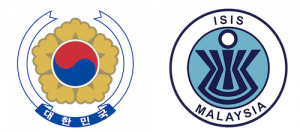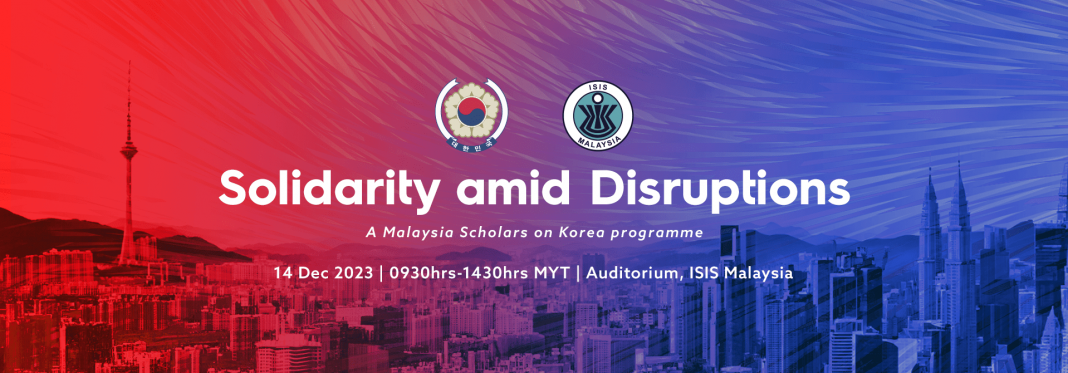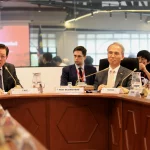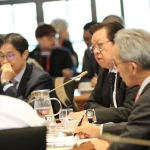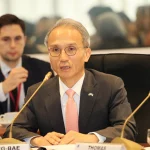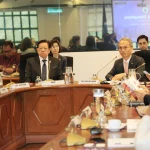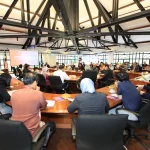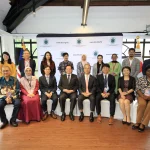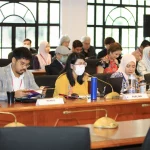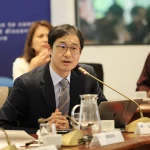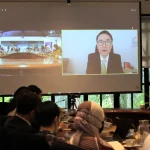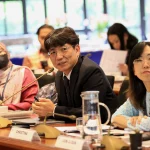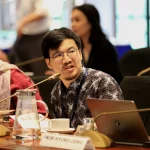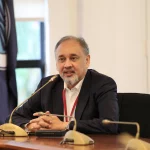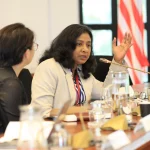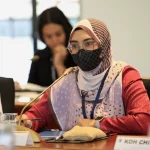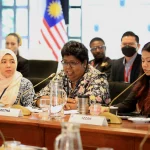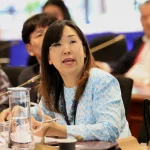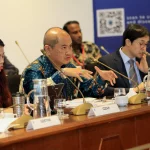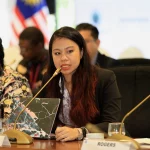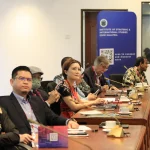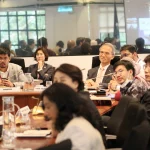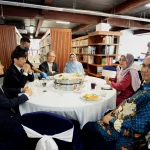The world is in various states of flux. Global economic growth is slowing and still reeling from post-pandemic recovery, the Ukraine-Russia conflict and a rising crisis in West Asia. Are geopolitical tensions shaping minilateral alliances, bilateral arrangements and aggravating states of trust?
Asia is attempting to navigate the global geopolitical state, with the Republic of Korea and Asean caught in the quagmire. On the one hand, states and nations are grappling with fulfilling national development plans amid a cost-of-living crisis. On the other, there is the search for partnerships and alliances that could be the next catalysts for growth while mitigating potential instability.
To achieve this, ROK unveiled its Strategy for a Free, Peaceful and Prosperous Indo-Pacific Region that includes developing norms, security cooperation and tailored development partnerships. Among the partnerships is the Korea-Asean Solidarity Initiative (KASI) that encompasses cooperation in traditional and non-traditional security areas while emphasising Asean centrality.
KASI is expected to fit in the Indo-Pacific Strategy with aims of promoting Asean-ROK strategic coordination, increasing efforts to address and response jointly to regional and global challenges while expanding cooperation in future and emerging areas for shared prosperity and development.
| Date | 14 December 2023 |
| Venue | ISIS Malaysia |
Remarks
Welcoming remarks
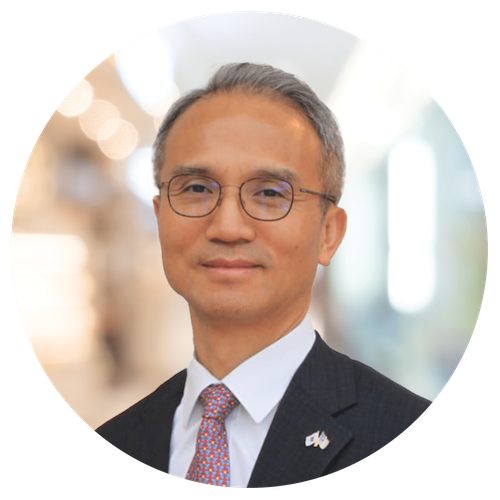
HE Yeo Seung-bae
Opening address

Prof Dr Mohd Faiz Abdullah
South Korea’s Strategy for a Free, Peaceful and Prosperous Indo-Pacific Region is anchored in Seoul’s view of itself as a global pivotal state, where the nation could look after its own as well as global interests. South Korea and Malaysia might share strategic perspectives, especially in balancing development amid major power tensions. The Korea-Asean Solidarity Initiative (KASI) is focused on eight core areas inclusive of security cooperation and promoting shared future prosperity. Greater engagements between Malaysia and ROK could help realise Seoul’s global pivotal state ambitions while building closer relations. To this end:
- How does ROK assess priorities in its geostrategic environment? What are the international and domestic considerations shaping its strategic perspectives?
- Are there flashpoints in present geopolitical considerations? Could there be improved cooperation, including economic, military and strategic that could be addressed by both nations?
- Is there room for convergences of strategic priorities between Malaysia and ROK?
- What are the areas of collaboration between Malaysia, Asean and ROK under KASI?
Speaker I

Lee Dong-gy
Speaker II

Dr Lee Jaehyon
Moderator

Thomas Daniel
Discussant I

Dr Nurliana Kamaruddin
Discussant II
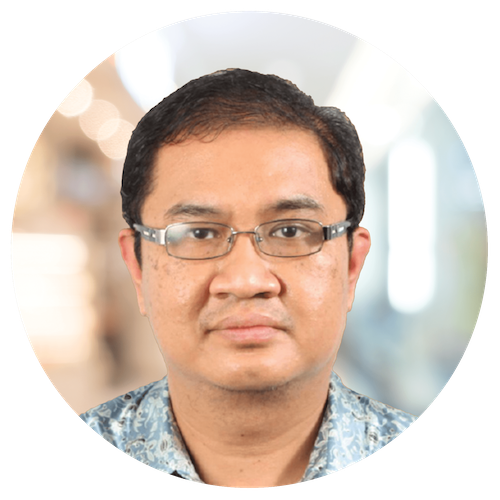
Dr Roy Anthony Rogers
Discussant III

Izzah Ibrahim
People-to-people relations are among the most challenging of diplomatic tools to cultivate and reap the rewards. Strong cultural relations, for instance, are said to be the foundation of trust, understanding and mutually beneficial relationships. Malaysia-South Korea relations have been growing in recent years where economically, South Korea is Malaysia’s eighth largest trading partner and seventh largest foreign investor. Meanwhile, Malaysia is South Korea’s third largest trading partner and fourth largest investment destination in Asean. However, the Asean-Korea Centre’s 2022 survey finds people-to-people awareness, especially among Korean youth on Malaysia, remains low. Meanwhile, Malaysians, who are consumers of Korean products and riding the rise of the Hallyu wave, could widen their understanding of Korean society.
- How do we quantify and assess people-to-people relations? Could Malaysia do more to promote aspects of our lives to South Korea?
- Is there room for further development in people-to-people relations, and could Malaysia and ROK leverage on exchanges to build resilient ties?
- Where are the gaps and challenges for the growth of people-to-people relations?
- How could creative industries and online platforms help develop synergies between Malaysia and ROK?
Speaker I

Koh Chien Aun
Speaker II
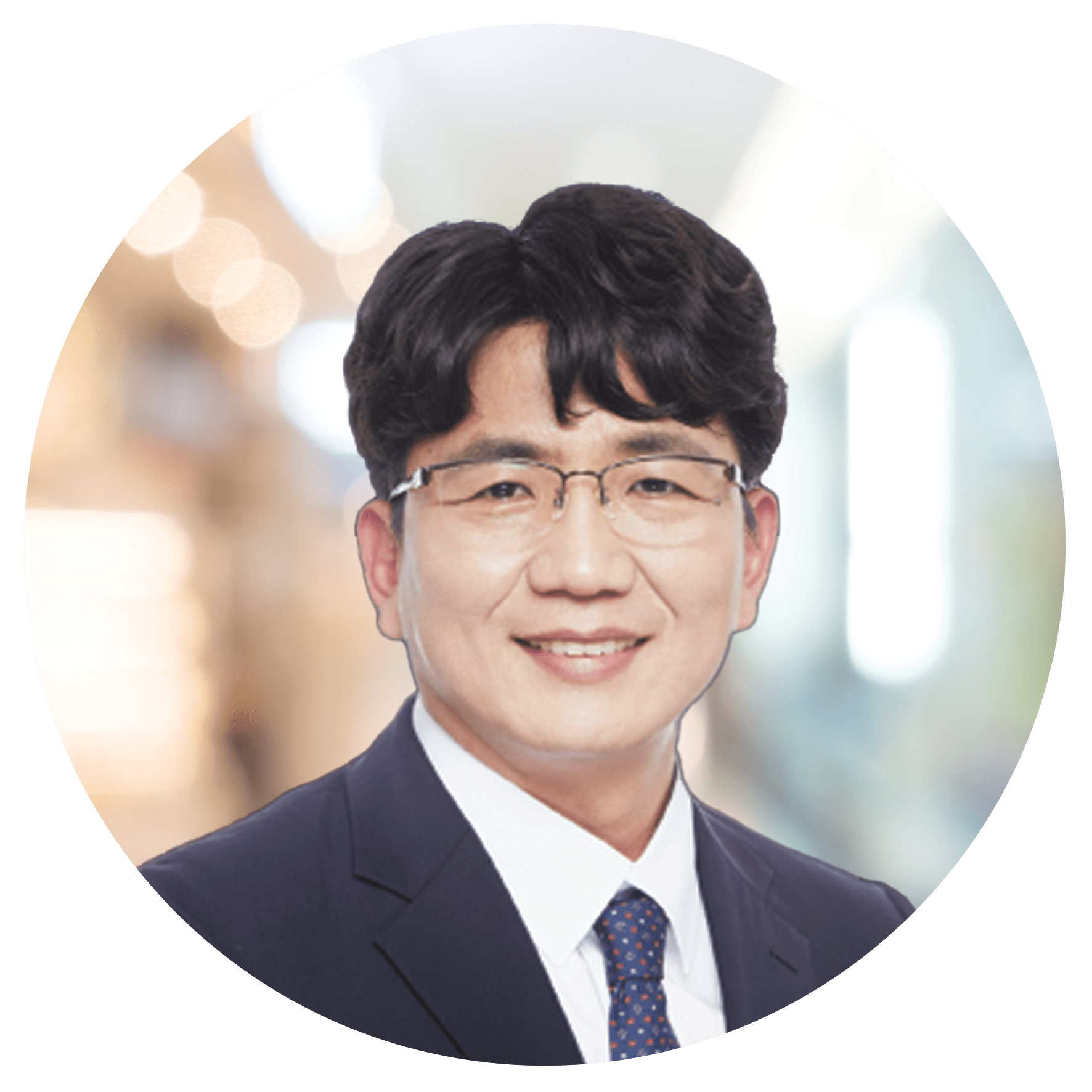
Dr Kim Hyungjong
Speaker III
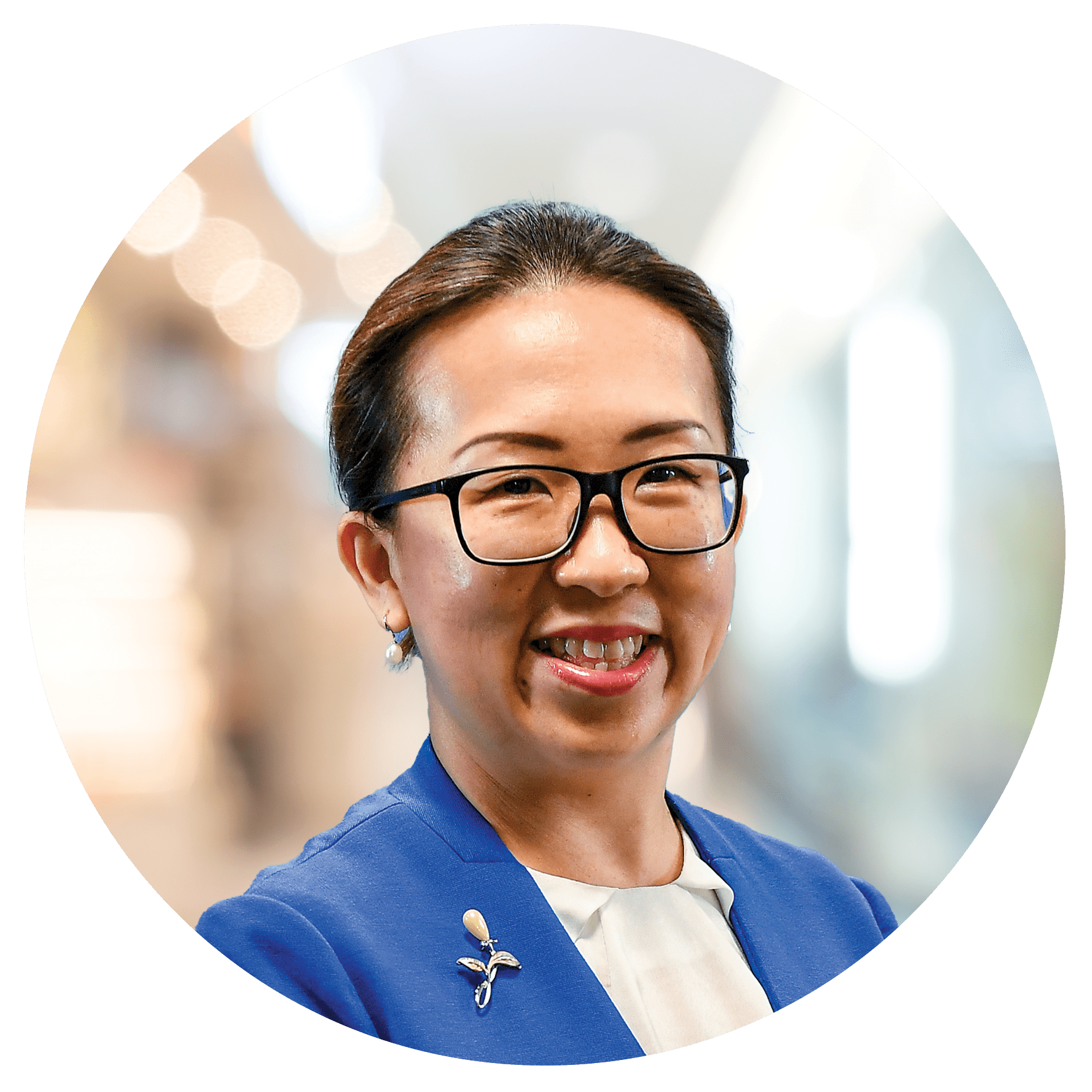
Dr Christina Yeo Ken Yin
Discussant I
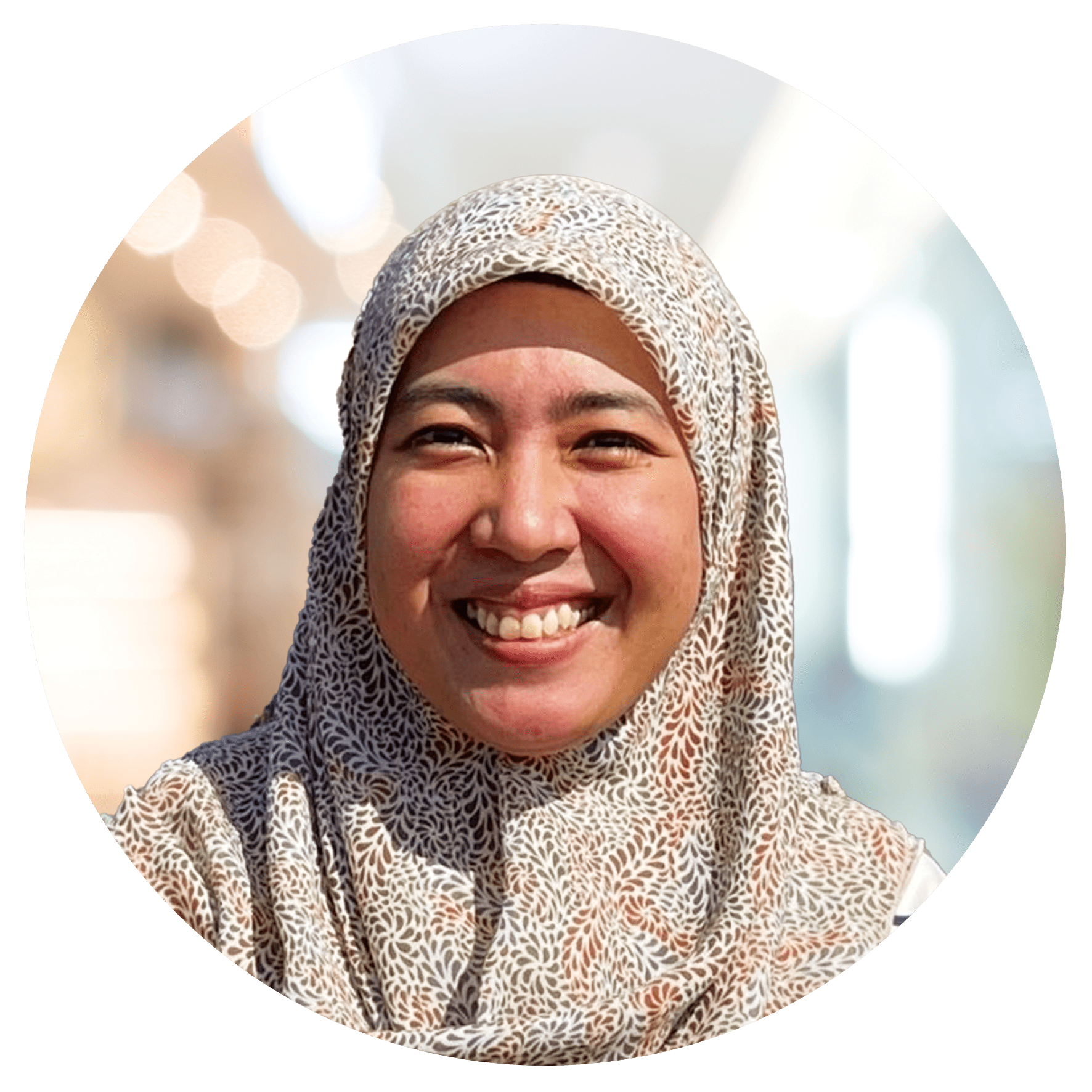
Hirzawati Tahir
Discussant II
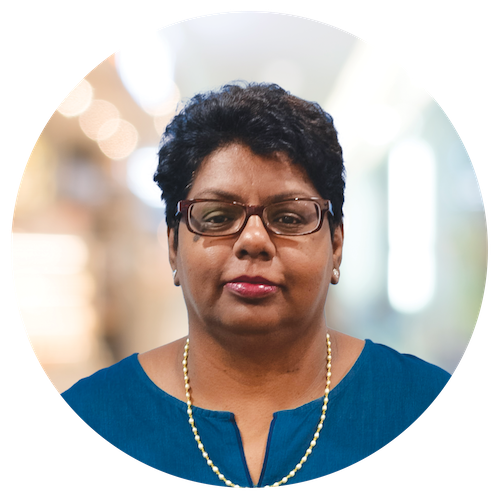
Dr Geetha Govindasamy
Moderator

Dr Nurliana Kamaruddin
The Malaysia Scholars on Korea (MASK) Network
The Malaysia Scholars on Korea (MASK) Network links Malaysian scholars, policymakers and think-tankers in conversations on Malaysia-South Korea relations. Through the years, MASK events have explored the intricacies of a Malaysia-South Korea Comprehensive Strategic Partnership, a special meeting following president Moon Jae-in’s visit to Malaysia, possibilities for Asean engagement in the Korean Peninsula and South Korea’s Indo-Pacific Strategy in Southeast Asia.
Organisers
